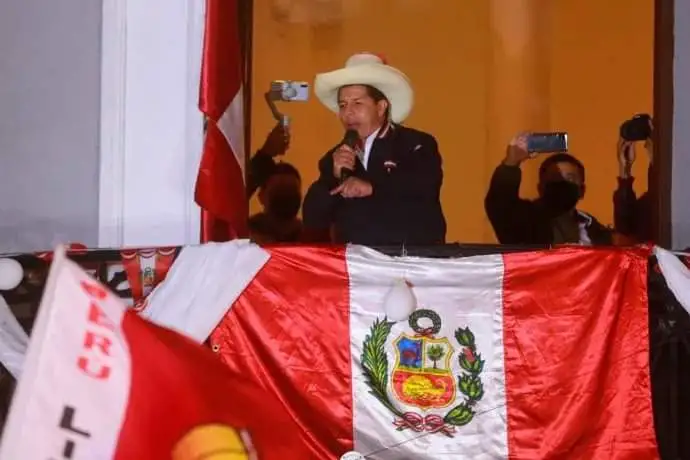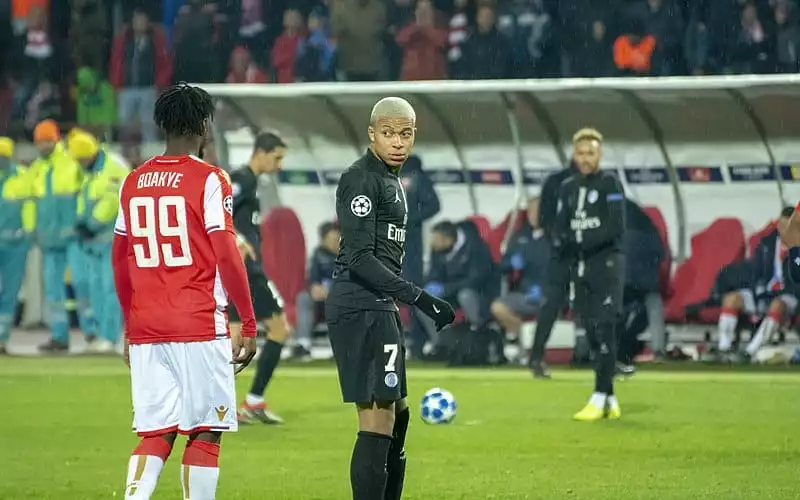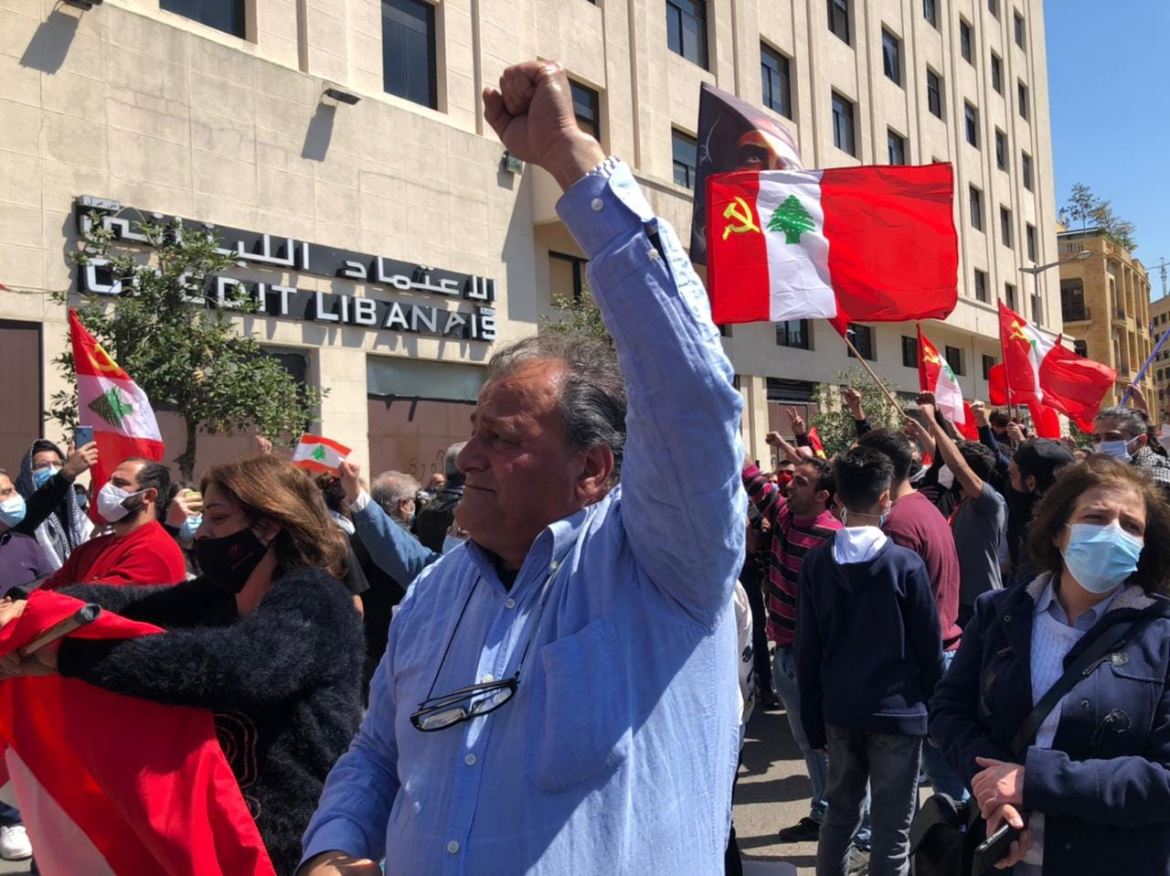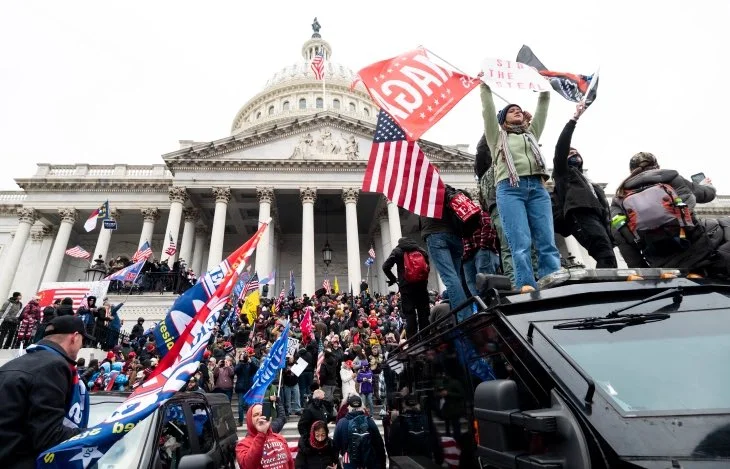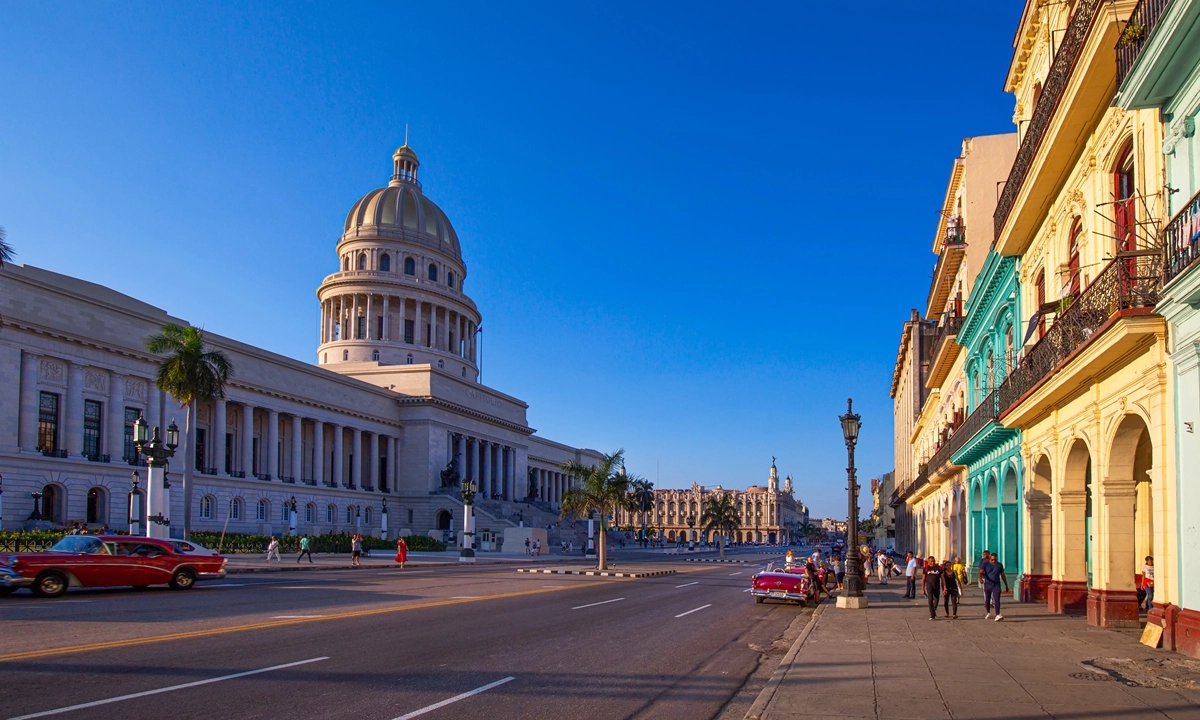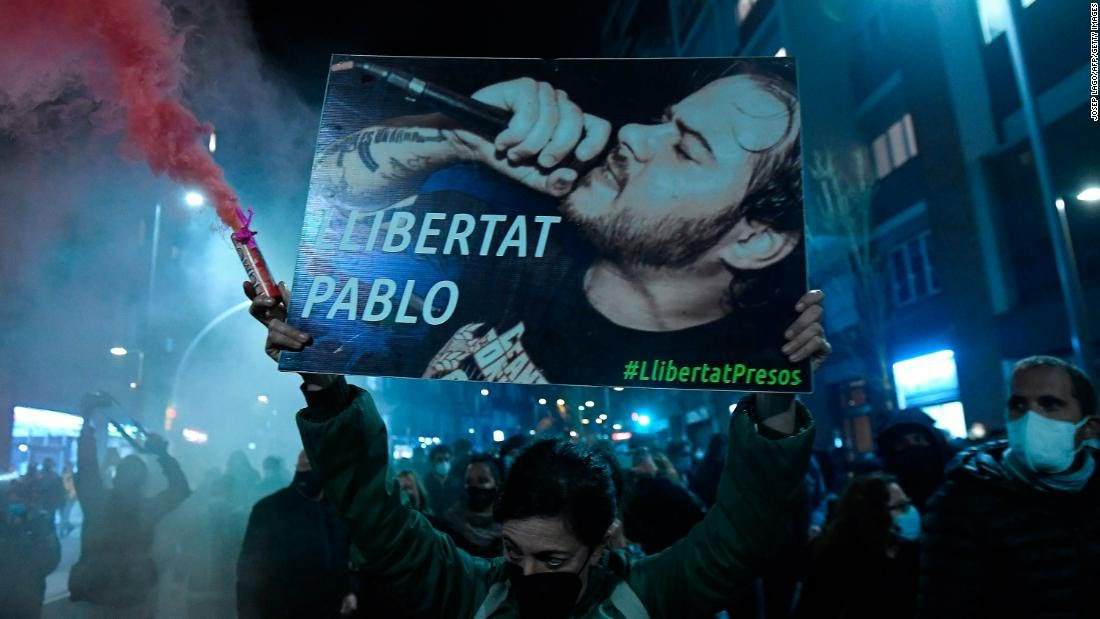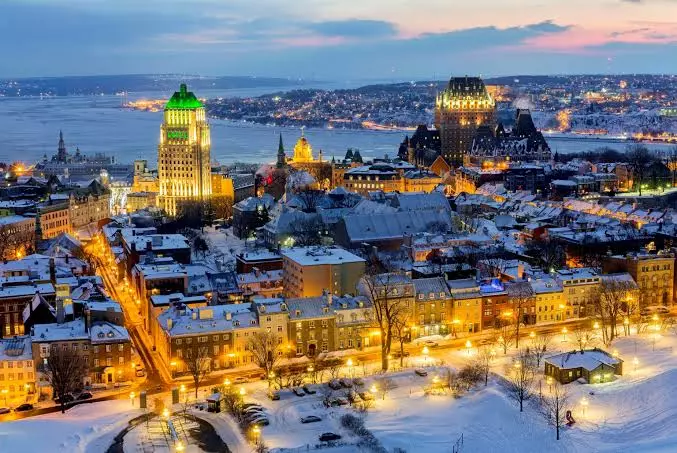Latin America is historically a theatre of an intensive class struggle. After 2008’s capitalist crisis, the imperialist intervention has been severer to implement a more aggressive neoliberal program in several countries. The economic embargo against Cuba and Venezuela reached its most violent level in recent years, in Venezuela is directly responsible for thousands of deaths. With complete support from its internal bourgeoisie, several Latin American countries which had a progressive leftist government suffered coup d’etat with the main goal to intensify those neoliberal policies, being one of the greatest examples of it: Brazil.
Despite bourgeois efforts and constant brutal repression, working-class organisations and the general dissatisfaction of the people are expressing themselves through the streets, creating massive protests in the main Latin-American cities of several countries in recent years. In Chile, for example, the masses forced a process of constitutional change that tends to completely bury Pinochet’s neoliberal constitution. In Bolivia, through severe resistance and working-class organisation, the extreme-right and fascists forces, which were the frontline on the coup d’etat that forced Evo Morales out of the presidency, were defeated in the most recent elections that opened a new possibility for a leftist government. And these are only two examples.
Along with the current pandemic, for the last three years, Peru is facing an internal political crisis. Since Pedro Pablo Kuczynski’s renouncement in 2018 because of his involvement in cases of corruption related to the Brazilian company Odebrecht, Martin Vizcarra took on the presidency with propaganda to fight corruption in Peru. Vizcarra’s confrontation against parliament in 2019 led to a political deadlock when Vizcarra tried to dissolve the parliament and the parliament disallowed him as President. The political element that solved this issue was the support that Vizcarra received from the military forces of Peru. In 2020 Vizcarra suffered a political manoeuvre from the parliament that opened a vacancy to the presidency. This novel only received a temporary solution when the parliament elected Francisco Sagasti, a politician that, from the parliamentary perspective, was a moderate option that could put a halt to the increased public dissatisfaction expressed in massive protests in the streets.
COVID-19 pandemic came and exacerbated the already precarious situation not only on health care in Peru but worsened living conditions of the working class on several levels. 30 years of constant neoliberal policies, arranged by Fujimori’s neoliberal constitution promulgated in the ’90s, forced the Peruvian people to pay and is continuously paying, a huge death toll. Peru and Brazil are the top Latin American countries in covid-19 deaths per million. This context, which could be more explored, is vital to understand why Peru chose Castillo, instead of Fujimori.
A lot of the political, economic and sanitary crisis that Peru has been facing was left to be dealt with in the 2021 April’s elections. The number of different candidates and the fact that none of them reached 20% of the votes in the ballots during the first run put in evidence how much, politically speaking, the Peruvian people were divided and the current institutional political system, and its credibility, are greatly compromised. But from a crisis, the unexpected can happen.
A candidate that was not giving great signs of success based on voting intentions, ended the first run as the most voted option available. Pedro Castillo, a 51 years old teacher, a person directly related to teacher’s unions and educational struggle, and a member of a small and new political party called Perú Libre had an astonishing performance. He faced and defeated, in the second run, a traditional, extreme-right wing figure in Peru’s political context: Keiko Fujimori, daughter of the dictator Alberto Fujimori.
Perú Libre used the same program that was developed in 2020 and signed by Vladimir Roy Cerrón Rojas, its General Secretary. The party proclaims itself as an organisation inspired by marxism, Leninism and all the contributions made by José Carlos Mariátegui. The 77 pages long document is divided into 21 chapters regarding subjects such as A New Constitution, New Economic State Regime, Labour Policies and several others.
Through a new constitution, Castillo promise to implement a different kind of role to the Peruvian State in the economy: not only to regulate and tax private companies, according to the party’s program, but the State must also create new state-owned companies to compete in the market and to behave as an agent of planification, industrialization and nationalization. Strategic economical elements are to be nationalized, along with this a national unified and free health care system is to be created. Several other subjects are approached and it is not my intention to talk about all of them in this text.
By all means, the victory of Pedro Castillo must be celebrated by all socialists and communists throughout the world as this victory is a devastating defeat to neoliberalism and fascism. Keiko Fujimori is already spreading its wings, claiming electoral fraud and summoning all anti-communists in Peru and Latin America in a declared attempt of coup d’etat. A vital role that is yet to be played in this context is the military if they will support or not Fujimori’s scam.
Peru is facing a real possibility to have a complete and deep political change, as Marxists, we all must follow critically the political development in the country supporting all the initiatives that intend to benefit working-class living and organizational conditions. A lot is yet to happen, and even if Fujimori gives up from its coup and the military forces do not take action against Castillo’s rule, all of his promised changes will be open battles where the working class organizational capacity and political power will greatly determine its success or not.
